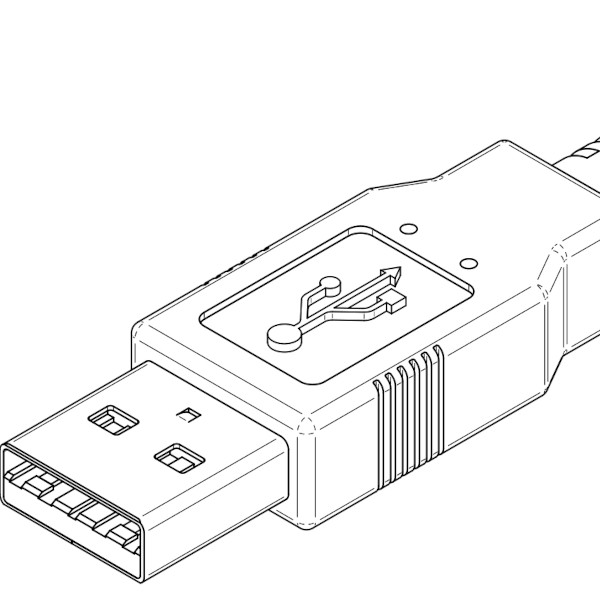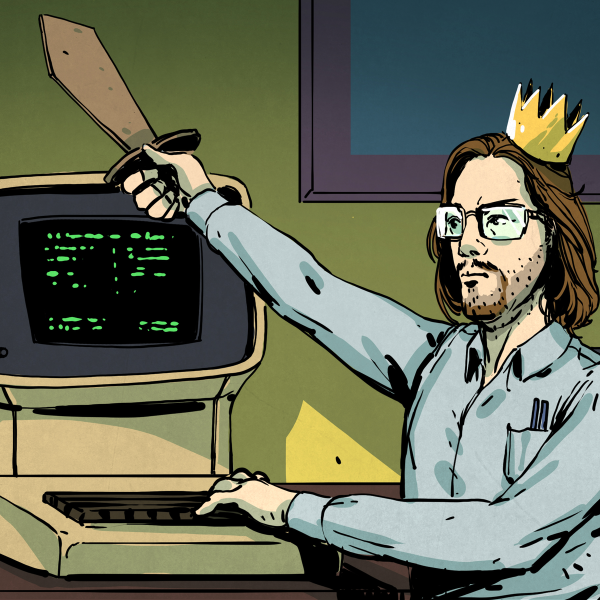The global COVID-19 pandemic has kept many of us socially isolated from friends, family, and colleagues for several months at this point. But thanks to modern technology, the separation has only been in the physical sense. From job interviews to grade school book reports, many of the things we’d previously done in person are now happening online. The social distancing campaign has also shown that virtual meetups can be a viable alternative to traditional events, with several notable hacker conventions already making the leap into cyberspace.
 With this in mind, we’re proud to announce HackadayU. With weekly online videos and live office hours, these online classes will help you make the most of your time in isolation by learning new skills or diving deeper into subjects with experienced instructors from all over the world. Whether you’re just curious about a topic or want to use these classes to help put yourself on a new career path, we’re here to help.
With this in mind, we’re proud to announce HackadayU. With weekly online videos and live office hours, these online classes will help you make the most of your time in isolation by learning new skills or diving deeper into subjects with experienced instructors from all over the world. Whether you’re just curious about a topic or want to use these classes to help put yourself on a new career path, we’re here to help.
In a community like ours, where so many people already rely on self-study and tutorial videos, these four week classes are perfect for professional engineers and hobbyists alike. To make sure HackadayU is inclusive as possible, classes will be offered on a pay-as-you-wish basis: we’ll pick up the tab for the instructor’s time, and you kick in whatever you think is fair. All money collected will be donated to charities that help feed, house, and educate others. We know these are tough times, and the hope is that HackadayU can not only benefit the members of our core community, but pass on some goodwill to those who are struggling.
Classes will be rolling out through the rest of 2020, but here’s a look at some of what we’ve got planned:
Introduction to Reverse Engineering with Ghidra
Our first class will be starting on June 22nd and focuses on Ghidra, the National Security Agency’s open source reverse engineering tool. Instructor Matthew Alt, perhaps better known to Hackaday readers as wrongbaud, will show students how this powerful tool can be used to explore the inner workings of a piece of software for fun and profit. Tickets are available for this class now.
Introduction to KiCad and FreeCAD
On July 7th, Hackaday’s very own Anool Mahidharia will take the reigns for this primer on two open source tools that should be in every hacker’s toolbox: KiCad and FreeCAD. Between rapid PCB manufacturing services and affordable desktop 3D printers, turning your ideas into reality has never been easier or cheaper; but you’ve got to speak the language. Mastering these programs will allow you to reap the benefits of modern manufacturing techniques at zero cost, no matter what operating system you’re on.
Introduction to Quantum Computing
For those who want to explore the absolute cutting edge, Kitty Yeung’s class can help demystify the future of ultra-high performance computing. While your instructor might have a PhD in Applied Physics, you won’t need one to follow along; this class has been specifically tailored for hobbyists who may not have the deep physics background generally required to appreciate the scholarly books and papers written on the subject. Students should expect to break out some math they probably haven’t used since high school, and keeping an open mind will certainly help.
C++ Real-Time Audio Programming
In this class, Dr Andrew McPherson will help students wrap their minds around real-time processing of audio and sensor data. Focusing on concepts such as circular buffers and state machines, the lessons are designed with the assumption that you already have some knowledge of C++ and digital signal processing. The example code and hands-on elements of this class are based around the Bela platform that Dr McPherson has created, and while not strictly required to follow along, having the hardware on-hand is recommended.
Basic Circuit Theory
Later this summer, instructor David Ray will be going back to basics and covering everything from understanding Ohm’s Law to using a multimeter. Platforms such as the Arduino have made it easy to dive right into fairly complex electronics projects, but unfortunately the fundamentals can get glossed over. Even if you’ve got a few projects under your belt already, taking a close look at these core concepts can be very illuminating.
Getting Involved
In the fall, we’re looking to bring you new classes on a wide range of topics from Machine Learning to Music Theory for Electronics Design. If you’d like to be kept in the loop when new classes are announced, be sure to sign up for the HackadayU newsletter. We’re also actively looking for paid instructors who’d like to share their knowledge and passion with the community. If that sounds like you, fill out this form and tell us how you can help make HackadayU something truly special.


















This is fantastic! Thank you so much for this program!! (and for the sneak peek!)
I’m looking forward to the first class. I bought 4 tickets – one for each date – was that correct, or should I have just picked one? Thanks
oh! I only selected a single date – I think you may be right though, that would certainly make sense!
Hi Clinton! That is correct, we set it up for 4 recurring classes in one full course. Thanks for joining us!
Thanks so much for clarifying, @Sophi! I wouldn’t have realized that we needed to buy 4 tickets per class if not for @Clinton’s comment – thank you both!! :)
Hi Sophi, I went ahead and bought four tickets but couldn’t find a way to avoid going through the checkout process four times because I didn’t see any “add to cart” or similar option after selecting a donation amount for a given date.
Did I miss something or is this a limitation of eventbrite?
Kudos! Although I’m interested in the Reverse Engineering one, I can say with confidence that the Basic Circuit Theory one would do me a power of good. I’m in! And will certainly pay something.
I am interested in the “C++ Real-Time Audio Programming” course, but it seems it is hardware specific targeting a rather expensive ($150 or $120 ea. depending on version) little board called “Bela”. Well I went to the Bela site[1] and to the Bela Wiki[2], and nowhere does it really explain what these (IMO) expensive boards are. What’s worse is there are no block diagrams or schematics, at least none that I could find. That’s a show-stopper for me right there. Or am I missing something here? I hope so…
Sorry, forgot links:
1. Bela site:
https://bela.io/
2. Bela Wiki:
https://github.com/BelaPlatform/Bela/wiki
https://github.com/BelaPlatform/Bela/wiki/Hardware-explained
Hi Drone, You should leave a comment with your question or PM Andrew on their hackaday.io page. The class itself discusses the basics of coding interaction, concepts of real-time processing and dives into topics like Assembly programming and audio processing. You won’t need the hardware to attend and learn concepts (for free!).
oops, link to hackaday.io page: https://hackaday.io/project/171240-learn-c-real-time-audio-programming-with-bela
Is it necessary to attend the live classes to take part in the course or will the classes be available afterwards so we can follow along? If it is live classes only how long will each class be since some start pretty late (for example, Reverse Engineering is at 22:00 GMT).
Hi AN1337, we hope to publish the live classes on our YouTube channel for anyone who would like to view them. Since we haven’t worked through this process yet, there is a small chance that it won’t be possible (video or sound fail, other technical issues).